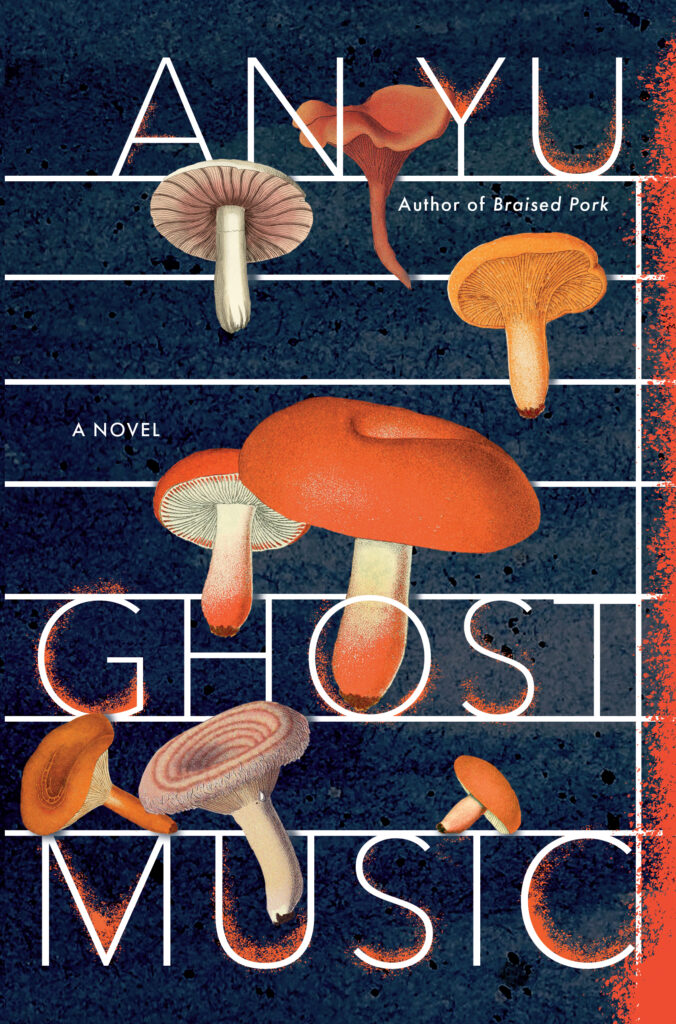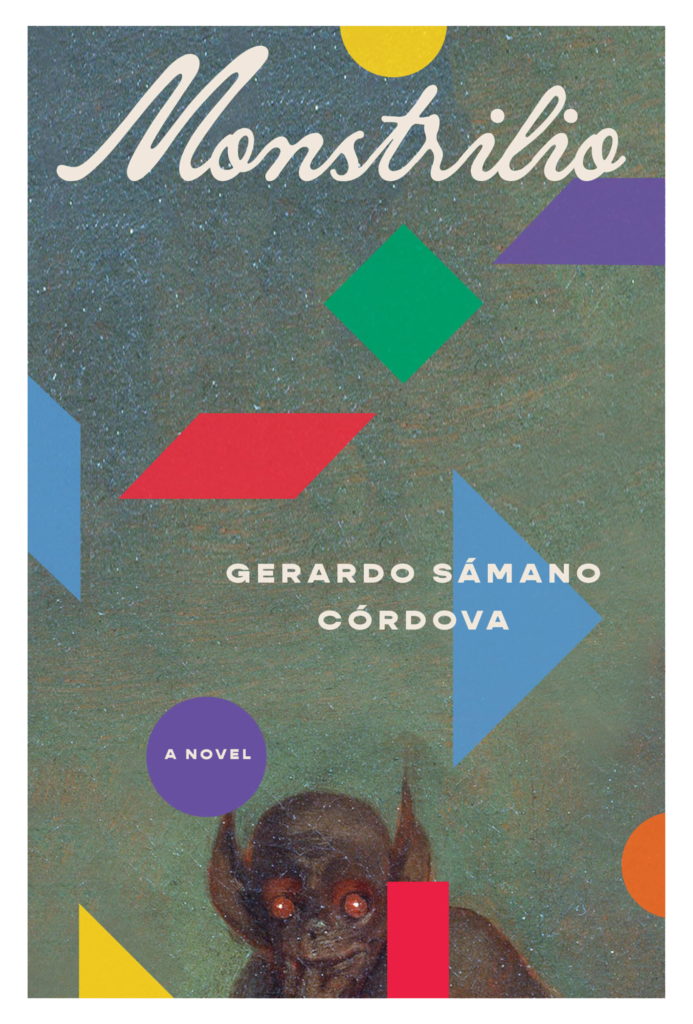
An Yu’s Ghost Music is one that feels intimately real and hypnotically unreal in equal measure: at its heart, it is a domestic drama, chronicling Song Yan’s humdrum existence as a piano teacher slash failed concert pianist alongside the collapse of her marriage with Bowen as the secrets of his past are brought to light; yet, anchoring Yu’s story is the surrealism of talking mushrooms, strange orange dust that befalls Yunnan, the lulling refrain of Chopin’s Rêverie, and the seeming specter of Bai Yu, a once world-famous, presumed-to-be-dead pianist. Earthly reality and phantasmagoria collide to create a haunting dreamscape that manages to be, at its best, quietly atmospheric and profound.
The spirit of Ghost Music is perhaps best captured by Yu’s mushroom motif. Just as mushrooms, whose caps and stems are visible above the soil, conceal a dynamic matrix of mycelial roots, so Yu’s novel, with its trappings of surrealist-domestic drama, harnesses an almost subterranean consciousness. With each superficial description of the mushrooms, orange dust, Chopin and Bai Yu, Ghost Music gets under readers’ skin – instead of leaving us alone, it halts and lingers, forcing us to confront the privately uncanny and uncomfortable. Ultimately, it is a novel that endlessly delights in its unsettling, if not hallucinogenic, effect. It is a shroom trip, but with the greatest of compliments.
— Andrew Hu

Gerardo Sámano Córdova’s fantastic literary debut, Monstrilio, may market itself as a tale of horror, but it feels more like an exploration of desire— strange, queer, burning desire, at its most grotesque and gripping. Out of Córdova’s delicate balance between the mythic and the modern emerges a tale of a grieving mother who covets a portion of her dead son’s lung until it grows into something new: not her beloved Santiago, but an insatiable and violently hungry animal, a being neither human nor deniable. While the story is reminiscent of a Frankenstein-esque tale of monstrous creation, by the middle of the novel, the strangeness of Monstrilio’s birth seems to almost fade in the mind of the reader as the question of his future takes precedence. Córdova’s debut also takes place across three cities: Mexico City, Berlin, and New York, and spans four perspectives, but the prose are refreshingly honest, unencumbered by heavy-handed geographic references or expositional clarifications. Indeed, what the fluid perspective accomplishes is a fascinating investigation not just of what makes us human, but of the inextricability of humanity and monstrosity. After all, poses Córdova, does being a monster mean being unloveable? Or, perhaps more importantly, does being a monster mean being unable to love?
Monstrilio is a daring, even original, project, but what makes the novel such a pleasure to read (or perhaps, consume) is Córdova’s truly commendable willingness to embrace the disgusting, the sickening and horrible. The novel commits entirely, never withdrawing or allowing the reader any opportunity to turn away, either from the grotesque or the novel itself. Monstrilio’s excellent command of horror as a test of love makes the novel unmissable and unforgettable: as Córdova writes, “The world lightens before me and reveals its edges. Its shapes and in-between spaces.” Indeed, the reader comes to understand, the only way through is forward.
–Gabrielle Pereira